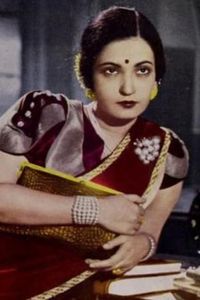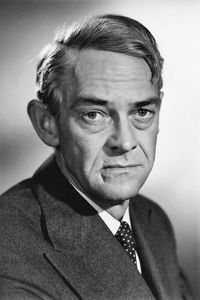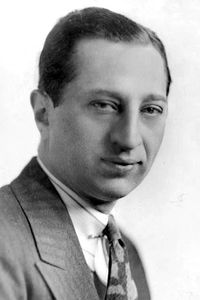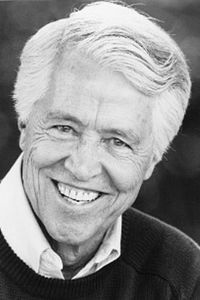Begum Akhtar, born Akhtari Bai Faizabadi, was a renowned Indian classical singer who hailed from an aristocratic family of Lucknow that had faced financial difficulties. Her mother, Mushtari Begum, was a skilled singer who had worked as a tawaif, and she recognized her daughter's immense talent from a young age. Begum Akhtar began her singing career at the tender age of thirteen, performing on stage alongside her mother, and made her solo debut at fifteen.
She trained under the tutelage of Ustad Ada Muhammad Khan of the Patiala gharana and later under Ustad Wahid Khan of the Kirana gharana, mastering the light classical genre, particularly the ghazal. Begum Akhtar's expressive face and eyes, along with her mastery of the bhao batana style of emotive singing, captivated audiences.
In addition to her singing career, Begum Akhtar also ventured into acting, making her film debut in 1933 and continuing to appear in films until 1942, with her biggest success being the film Roti. However, she faced a significant setback when her husband, Istiaq Ahmad Abbasi, the Nawab of Kakori, disapproved of her singing and demanded that she lead a more respectable life.
Begum Akhtar struggled to abandon her passion for music and conform to societal norms, but eventually, her husband relented, allowing her to resume her singing career. This newfound respectability brought her numerous admirers and students, and she reinvented her past, downplaying her origins in the tawaif subculture.
Despite her reluctance to acknowledge her past, Begum Akhtar's influence on popularizing ghazals and light classical styles, such as thumri, dadra, and others, cannot be overstated. Her exceptional talent, mesmerizing stage presence, and ability to establish a rapport with her audience set a high standard for musical excellence.
Throughout her career, Begum Akhtar received numerous accolades, including the Padma Shri in 1968 and the Sangeet Natak Academy Award in 1972. Her work was praised by notable musicians, such as Ustad Bade Ghulam Ali Khan and Ustad Ameer Khan. Begum Akhtar remained dedicated to her craft, stating that she wanted to sing until the last day of her life, and unfortunately, she passed away immediately after performing in Ahmedabad on October 30, 1974.
In recognition of her immense contribution to Indian classical music, the government of India awarded Begum Akhtar the Padma Bhushan posthumously in 1975.





















